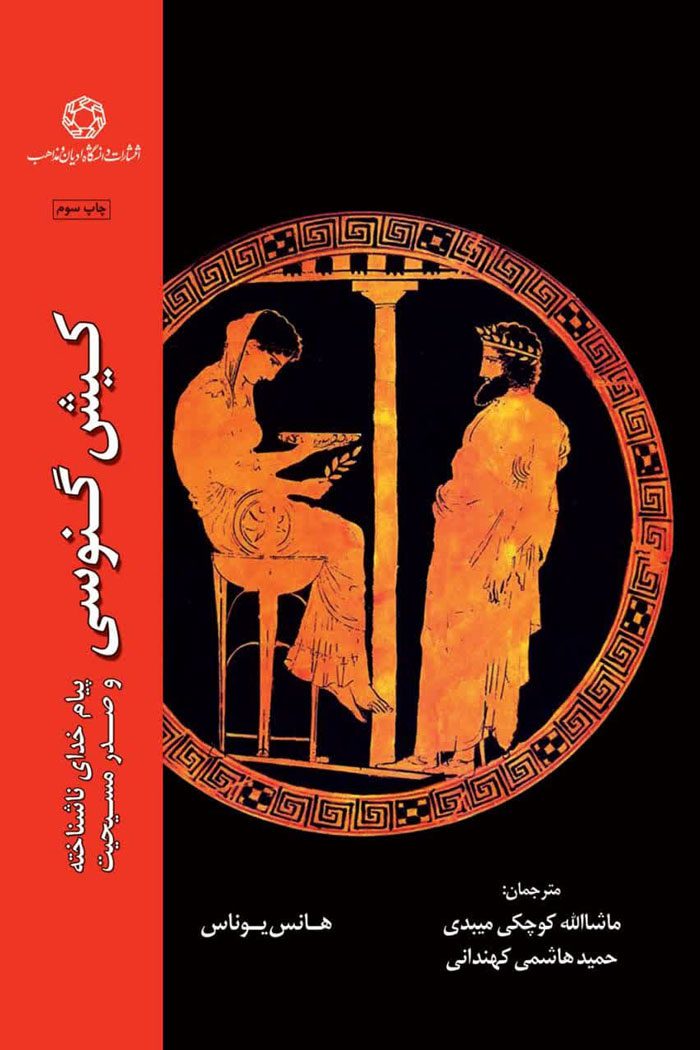Gnosticism
A group of religious individuals in different periods have confronted each other and others based on their interpretations of the Bible and religious texts, and have gained political and historical importance as a result.
Therefore, esotericism can be considered as a method of research that is not exclusive to any religion (Christianity), sect (Manichaeism, Valentinianism, etc.), or direction (Eastern Iranian or Western Greek).
This is the same diverse phenomenon that many historians of religious thought, such as Jami, Salami, etc., have enumerated and classified in their books, mentioning its characteristics and differences.
Hans Jonas, a German philosopher and historian of religion, introduces Gnosticism as a religion after Jesus (peace be upon him) that has historical and geographical roots, and for this reason he named it “religion”.
Translators have therefore used the name “cult” (and not religion) for it. This belief that there is no need to observe external forms of religion in the worship of God, and that the criterion for religiosity is the recognition of God and heartfelt belief in Him, is not exclusive to Christianity and has been followed by various groups.
| Author | Hans Jonas |
|---|---|
| Translator | Hamid Hashemi Kohandani, Mashaallah Kouchaki Meybodi |
| Cover Type | paperback |
| Publication Year | 2023 |
| Publication status | Republished |





